Pearlwort
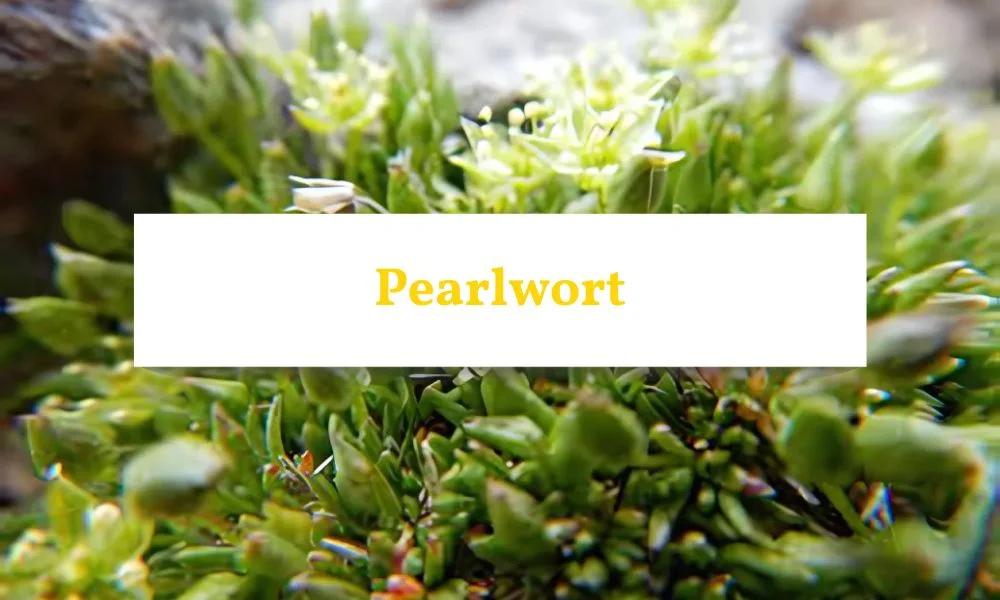
What Is Pearlwort Weed?
Pearlwort (Sagina procumbens) is a low-growing, mat-forming weed that often pops up in turf areas, gardens, and even between paving stones. You can spot it by its tiny, narrow leaves and small white flowers. Sometimes, people mistake it for moss because it forms dense green carpets, but if you look closer, you’ll notice its leaves feel firmer and its flowers stand up on short stalks.
Characteristics of Pearlwort
Leaves: Pearlwort has small, narrow, bright green leaves. The leaves grow opposite each other along the stems and look shiny.
Flowers: Tiny white flowers grow in small clusters just above the leaves. The flowers are very small and easy to miss.
Growth: Pearlwort spreads low to the ground, forming thick green mats. It grows quickly and covers bare soil or weak grass.
Seeds: The plant produces many tiny seeds. Water can carry these seeds to new places, helping pearlwort spread fast.
Roots: Pearlwort can grow new roots from its stems, which helps it creep and take over more ground.
Habitat: It grows well in both sunny and shady spots, especially where the soil is moist.
Let me know if you want it even simpler or more detailed!
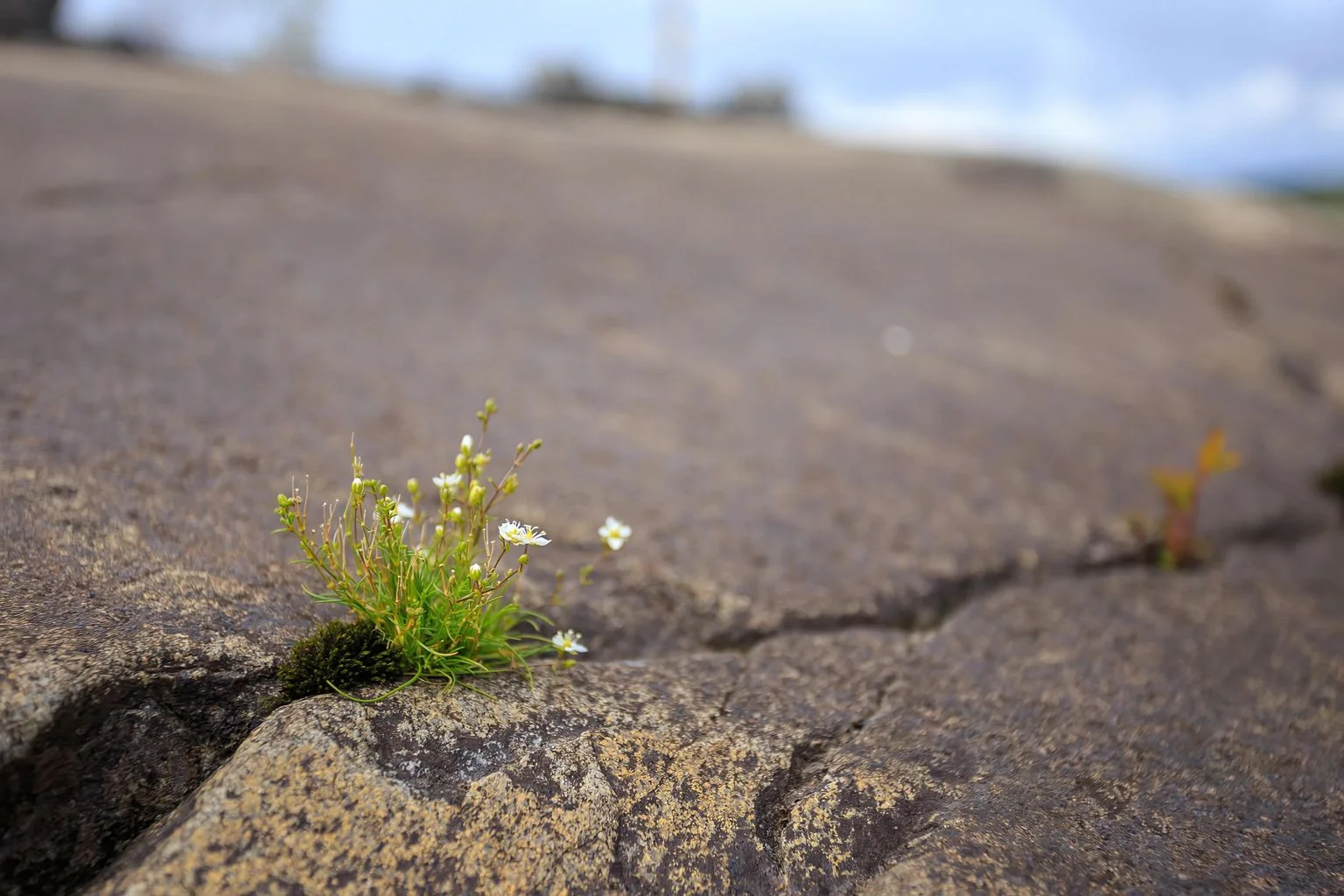
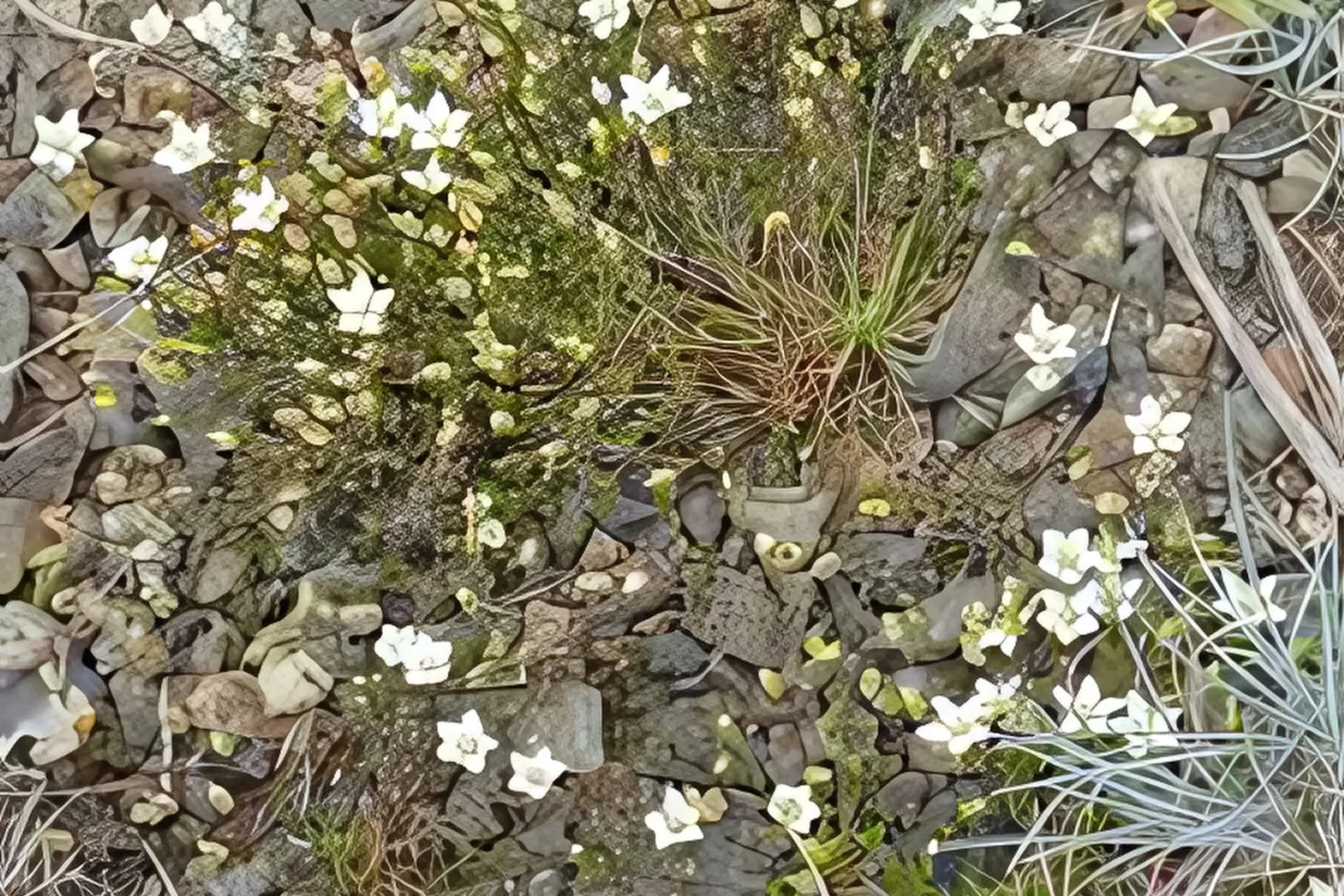
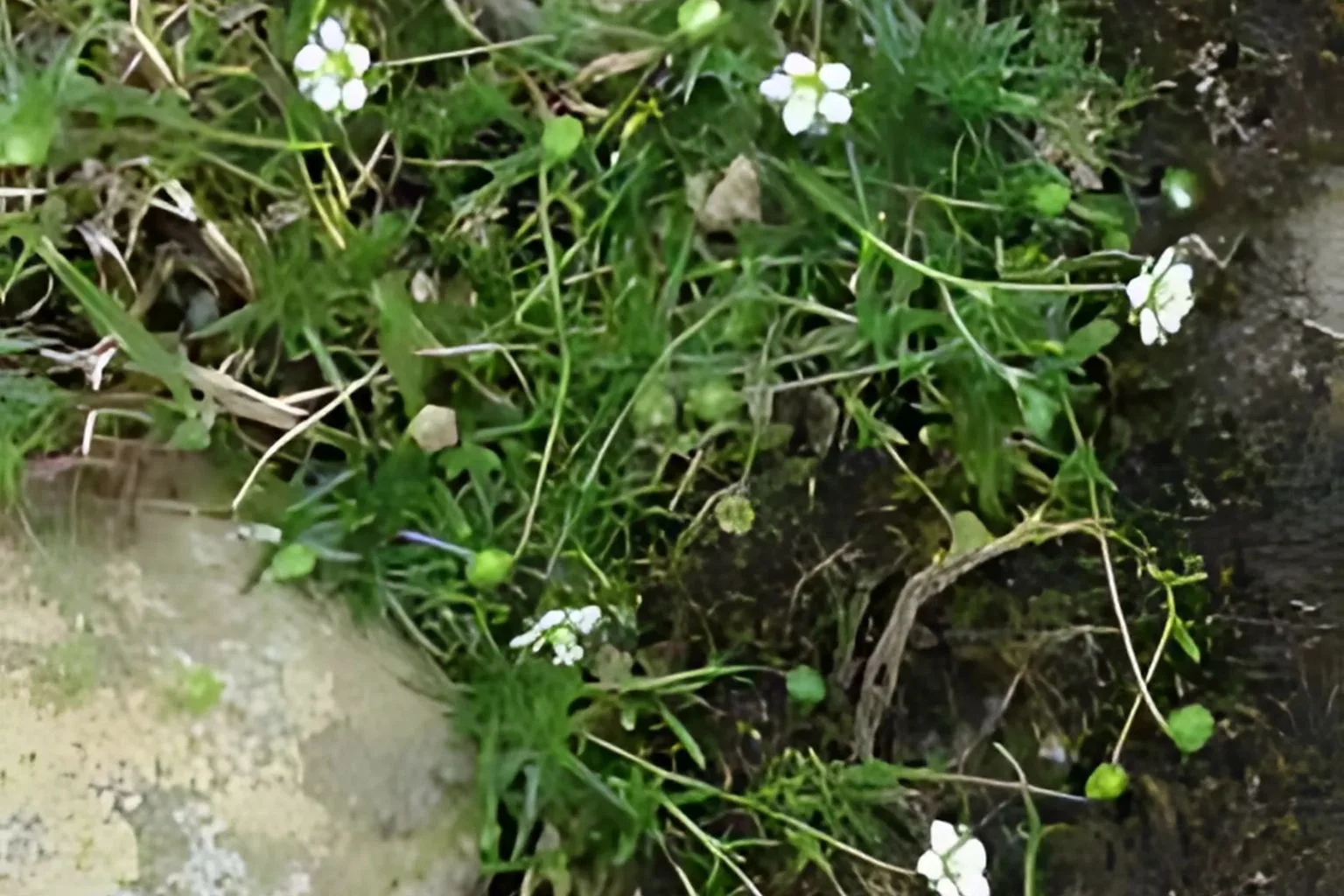
Why Is It A Problem?
Pearlwort spreads fast and crowds out your grass, leaving your lawn looking patchy and uneven. Its dense mats also make it hard for your turf to breathe and grow well. If you don’t act quickly, a small patch can turn into a big problem in just one season.
How to Identify Pearlwort Weed
Pearlwort is a small, low-growing weed that can quickly spread through lawns and gardens. To deal with it properly, you first need to know what it looks like.
Pearlwort Identification
First, look at the leaves—they’re small, narrow, and blade-like. They grow in pairs and may remind you of grass or moss.
Next, check the flowers. Pearlwort has tiny white flowers with four petals, each less than 4 mm wide. These flowers sit on short stalks just above the leaves.
Finally, look at how it grows. Pearlwort forms flat mats that spread along the ground. Its stems root at the joints, which helps it spread even faster.
Effective Methods
Keeping your lawn thick and healthy is the best Pearlwort Control to stop them from taking over. By caring for your grass the right way and using smart weed control steps, you can enjoy a lush, weed-free yard all year round. Here are simple and effective methods to protect your lawn from pearlwort.
Keep Your Lawn Healthy
First, focus on growing a thick, healthy lawn. Mow your grass at the right height for your turf type and avoid cutting it too short. Fertilise as needed and water only when necessary. Healthy grass will crowd out pearlwort and make it harder for weeds to take hold.
Watch Your Watering
Pearlwort loves wet soil, so only water your lawn when it really needs it. Fix any drainage problems and avoid overwatering, as soggy soil gives pearlwort the perfect place to grow.
Remove Pearlwort by Hand
If you see small patches, pull them out by hand or use a knife to lift them out. Try to get all the roots and runners, especially when the soil is moist. The sooner you remove it, the easier it is to keep your lawn weed-free.
Use Mulch in Gardens
In garden beds, spread mulch to block sunlight and stop pearlwort seeds from sprouting. Mulch also helps your other plants grow better by keeping the soil moist and cool.
Try Selective Herbicides
If pearlwort has spread a lot, you can use a selective herbicide. Products with 2,4-D work best, but you might need more than one treatment to get rid of it completely. Always spray when your grass and the weed are both growing well, usually in spring or autumn. Follow the label instructions and make sure the product is safe for your turf type.
Prevent New Infestations
-
Fill in bare spots in your lawn quickly so pearlwort can’t move in.
-
Check your lawn often and act fast if you see new weeds.
-
Clean your mower and tools after use to avoid spreading seeds.
Chemical Control Options
You can also use herbicides for extra help in controlling docks and other tough weeds. For the best results, choose the right herbicide and follow the instructions carefully. Some effective options are:
Surefire Amine 625 Herbicide
Surefire Amine 625 Herbicide is a reliable choice for controlling broadleaf weeds in pastures, crops, and lawns, helping keep landscapes healthy and productive. With 2,4-D as its main ingredient—one of the most widely used herbicides—it offers strong, selective weed control across various settings.
Surefire Amine 625
Surefire Amine 625 is a selective weed killer that Pearlwort Control, and other broadleaf weeds across a range of environments, making it a handy solution for keeping crops, pastures, and lawns in top shape. With 2,4-D as its active ingredient, one of the most trusted herbicides worldwide, it works well in both agricultural and non-agricultural settings.
Glyphosate 360 Weedkiller
For more ways to manage Pearlwort Control and other weeds, explore our Selective Herbicide Range.





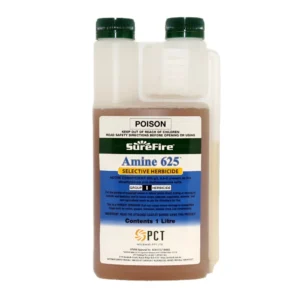
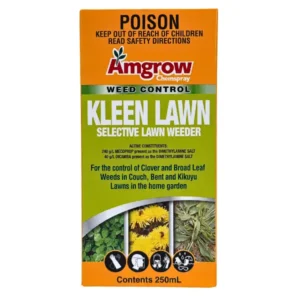
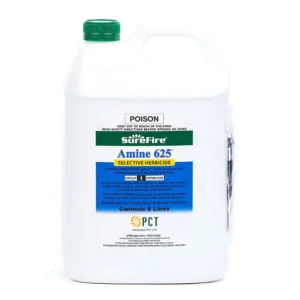
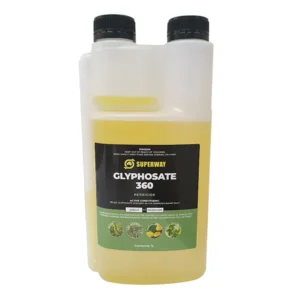
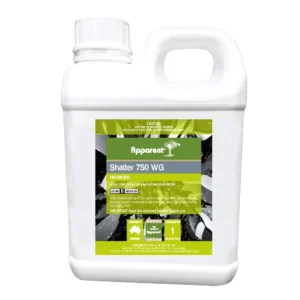
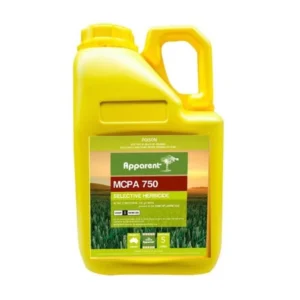
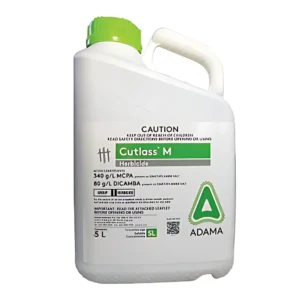
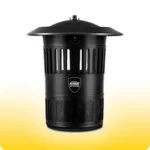 Mosquito Traps
Mosquito Traps